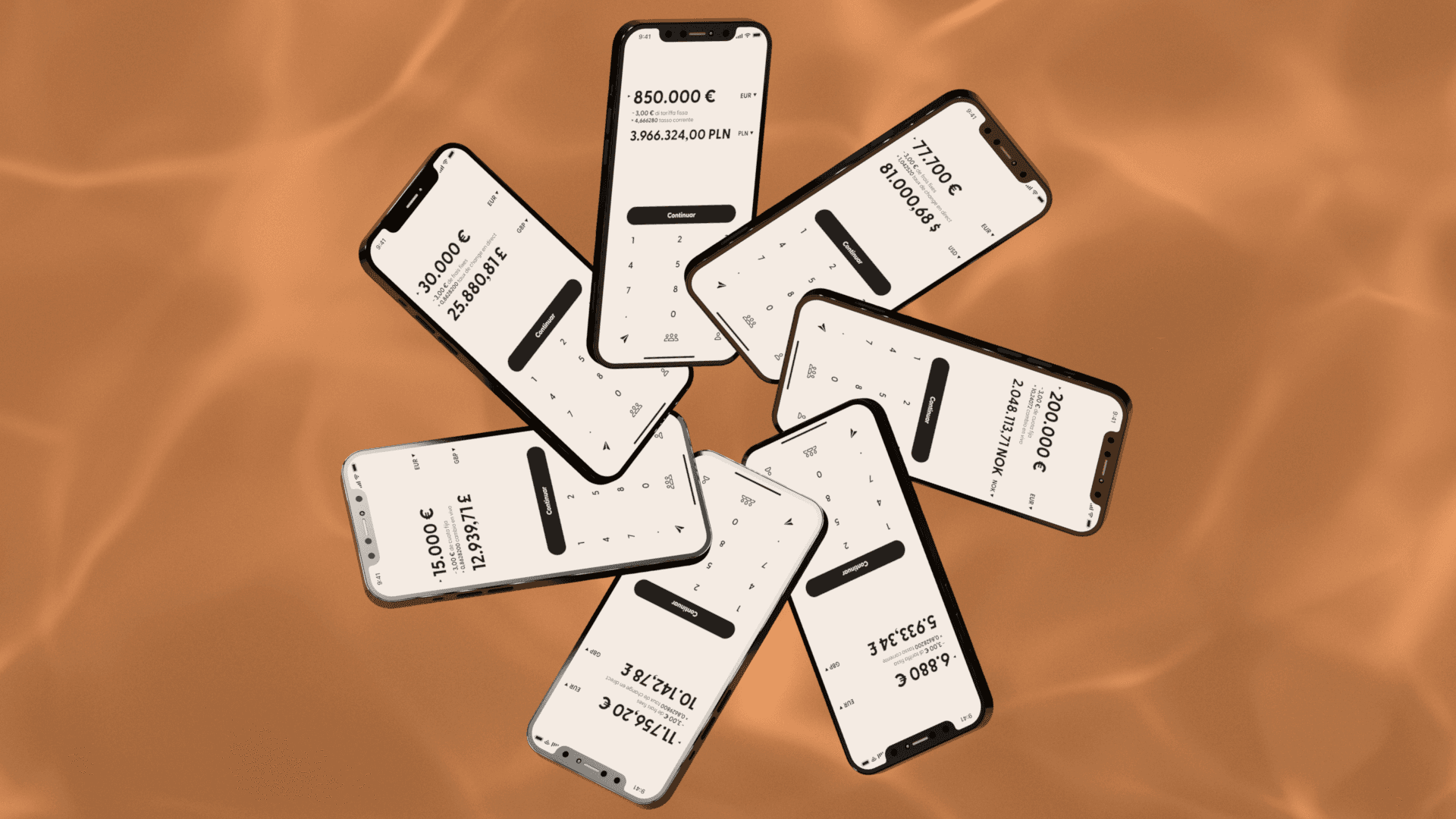Comment: Let’s not replace the banking monopoly with a fintech one
December 9, 2022
Patrick Kavanagh, Co-Founder of Atlantic Money
Initial fintech and tech challengers disrupted the status quo, bringing better technology, improved customer experience and value for money.
But in a battle to attract VC dollars and stratospheric valuations, many lose focus, rapidly expanding into new product areas and hiring hundreds of staff, quickly in a bid to build the next ‘super app’.
These former disruptors are branching out into other areas of financial services in a bid to build a one-stop-shop that lets users access everything they could ever need from one app.
Elon Musk, the proud new owner of Twitter, wants to turn it into a super app, combining messaging, social media and payments in one place.
Bill Harris, former founding CEO of PayPal, is seemingly building a super app, Nirvana Money, and recently wrote an opinion article in the FT advocating for single apps that address multiple needs.
Revolut already openly refers to itself as a ‘financial super app’ and has over 50 products, including everything from debit cards and bank accounts to precious metals trading, holiday insurance and travel booking. Its most recent venture is in-person payment solutions, introducing Revolut Reader, its first-ever hardware device.
Wise, which changed its name from TransferWise, has begun to foray into super app territory. It has moved beyond money transfers into offering cross-border current accounts and investing.
The top brass at these firms believes that people now have too much choice and too many apps and that by putting all of these services into one app, they can make life easier for customers and build more loyalty.
There is some truth to the idea that fintech has disrupted parts of financial services. Most people now have multiple accounts and cards across both challenger and traditional banks. There is a wide variety of ways people can make payments, whether it’s through PayPal, Apple Pay, Buy Now Pay Later providers, debit cards and even crypto on some websites.
This is inherently more complicated than having one bank account that you rely upon for all your financial needs throughout your life.
But this fragmentation has driven competition and enabled people to easily access better services and tools. Research shows that fintech enables people to understand their finances, manage their money better, save time and give them more control.
Super apps generally love to make the argument that having your money in one place helps simplify everything, but the truth is, open banking has made it much easier to move money around to different buckets. Sharing financial data across different providers means that consumers can get a single view of their finances and manage them all in one place, even if they have different accounts with different banks. And there’s very little efficiency gained from having all your money on one platform.
They also neglect their most loyal and frequent customers that signed up for the original flagship product and want one service delivered in the best and most cost-effective way.
These customers who have loyally used these fintechs since the early days end up subsidising efforts to add services which don’t actually benefit them – instead, it makes their experience even worse.
They would much prefer single-purpose apps that offer exactly what they need in a quick and easy way – what they originally signed up for. When building Atlantic Money we interviewed hundreds of people and the main learning was that single apps are getting too messy.
These bloated super apps have hundreds of unnecessary features and products which take ages to load and make it cumbersome for users to get to what they need.
Aside from customer experience, a super app can also stifle competition, as we’ve seen in China with WeChat which made links to competitors such as Alibaba and Douyin inaccessible until Beijing stepped in. The fintech movement is about competition and choice – we didn’t disrupt monopolistic banks to create monopolistic fintech.
The super app pursuit, on the other hand, is vague and futile. Those that chase the super app dream will inevitably end up like the banks, jack of all trades and master of none.
They leave themselves open to the very disruption they helped deliver. And their most loyal and valuable customers will turn to second-generation disruptors, which have lean teams and a laser-focus on offering fewer, better services.
Partly published in FinTech Magazine: Fintech focus: How to stay resilient during the downturn.


